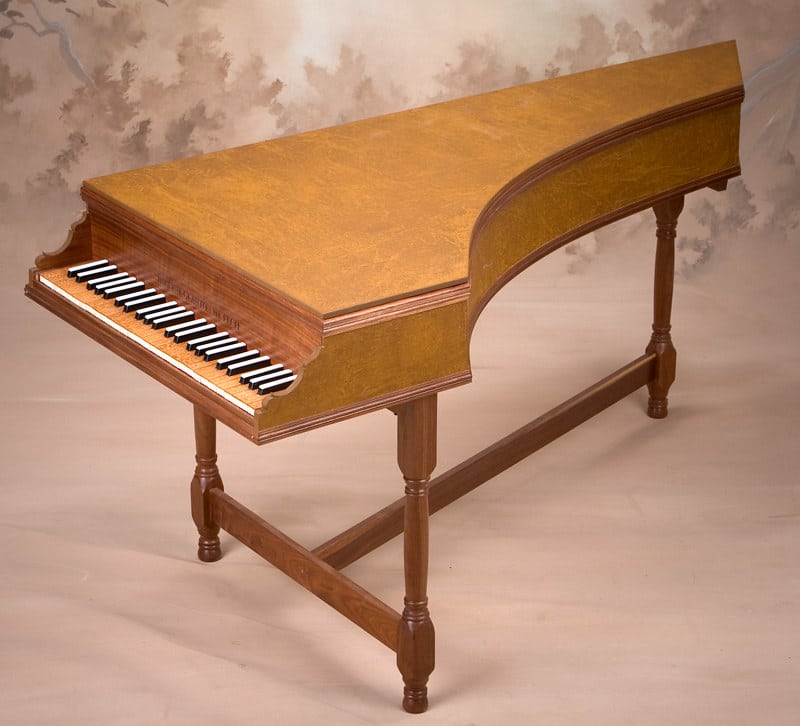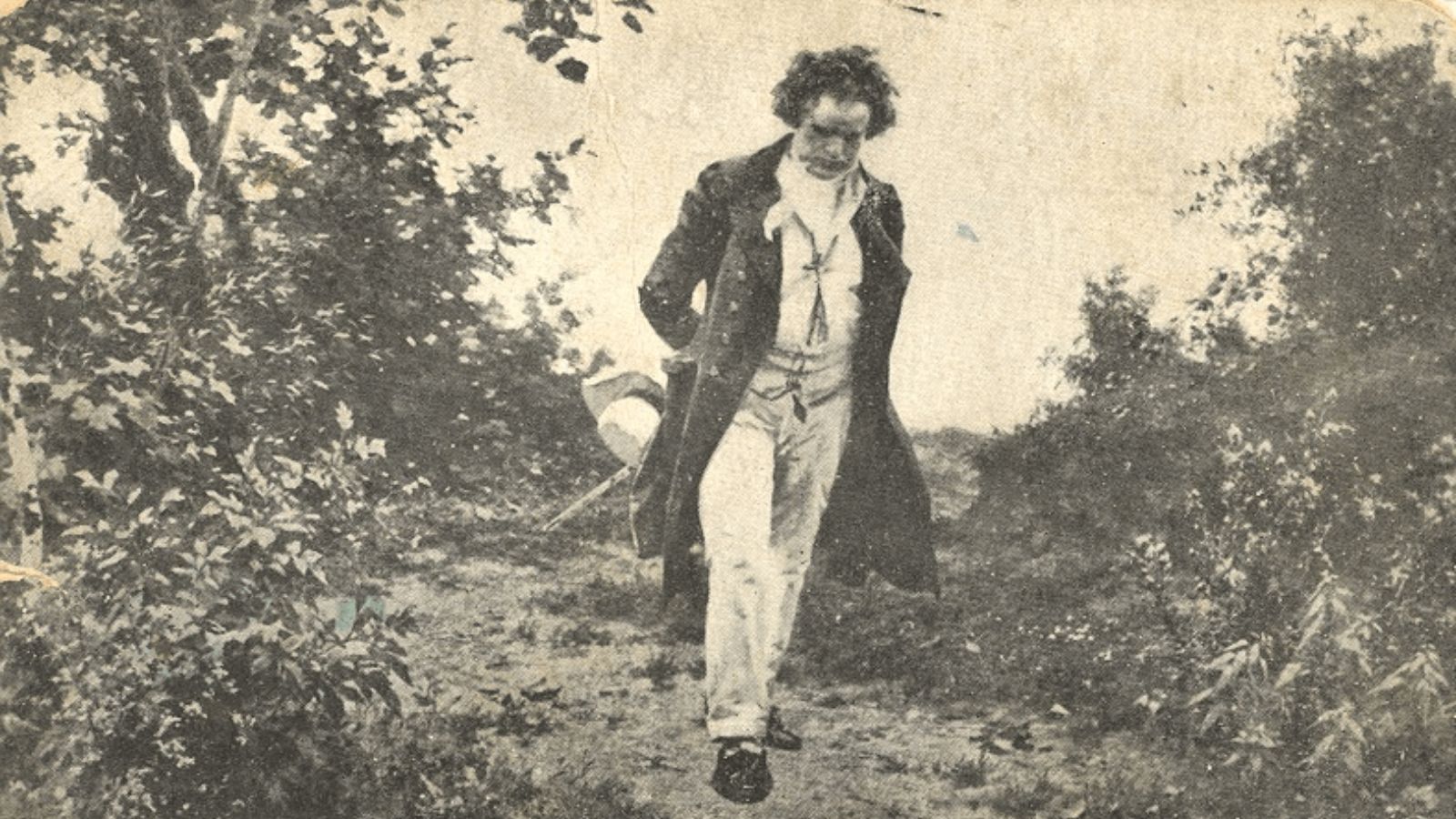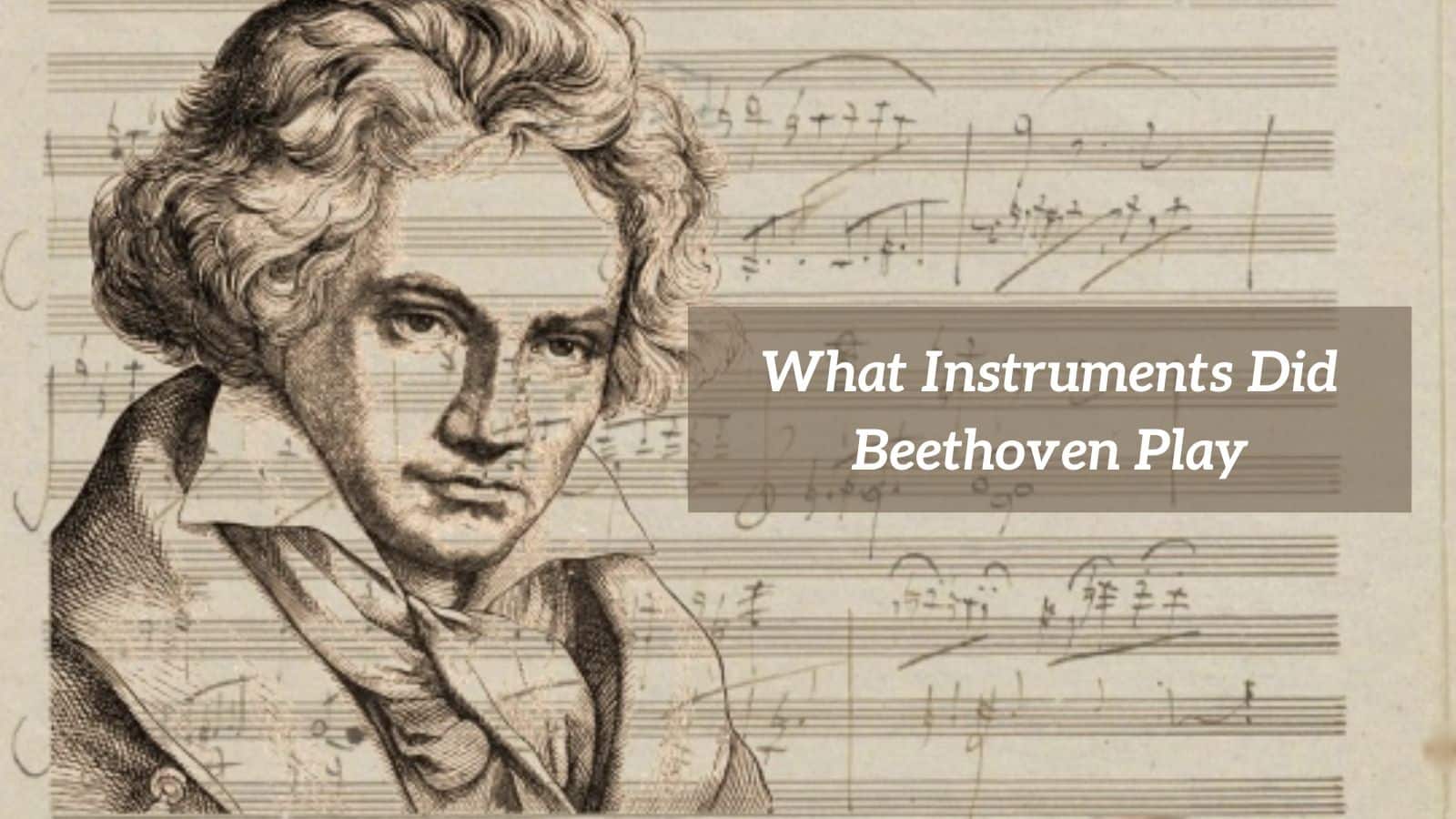
Beethoven’s date of birth meant that he was destined to live between two major eras of musical history; the Classical and the Romantic.
He was born in Bonn, Germany, in 1770. From what we can establish of Beethoven’s past his origins were Flemish.
It was Beethoven’s grandfather who took the family line to Germany when he established himself in Bonn and made a successful career firstly as a singer, then as Kapellmeister for the Archbishop.
The fortunes of Beethoven’s grandfather were relatively short-lived. Once he passed away in 1773, his father made a steady and destructive descent into alcoholism.
For the young Beethoven, it left him at the age of only eleven compelled to leave education. Around the age of eighteen, the full responsibility for the financial security of his family was placed on his shoulders.
Before Beethoven’s father headed down the path of self-destruction, he had spotted the musical talent his eldest son exhibited. As money was hard to come by, Johann attempted, at times cruelly, to turn Ludwig into the next child prodigy like WA Mozart from around the age of five.
What Instruments Did Beethoven Play
It was not successful, except for the fact that Beethoven began to learn music and a variety of musical instruments.
Johann organised concerts for the young boy to show him off, lying about his age to impress and attract an audience. This unpleasant approach to music grounded Beethoven and set him on a path that even he would not have been able to foresee.
Beethoven would probably have learned to play the harpsichord. The pianoforte was an instrument still under development at this time in musical history and may not have been available to Beethoven.
Remember, in his youth the family lived in poverty and were not likely to have owned a piano.
Even though the technique to play the harpsichord is different to that of a piano, Beethoven could have developed a secure technique in as much as acquiring strong, flexible fingers and good posture as well as learning essential repertoire from the old masters.
Beethoven’s father was not his only tutor. We also know a man called Tobias Friedrich Pfeiffer gave the young Beethoven keyboard lessons.
From many accounts of Pfeiffer, these lessons were randomly delivered at all times of the day and night.
Pfeiffer, as it transpires, was an insomniac and quite happy to teach poor Beethoven keyboard in the middle of the night if it suited him. One can only imagine what detrimental effect this must have had on such a young child.
We also know with a strong degree of certainty that Beethoven played the organ. When Beethoven studied composition with Christian Gottlob Neefe in Bonn, he took the unpaid role of assistant organist to Neefe.
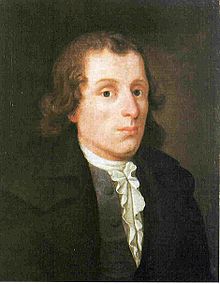
Neefe was a respected composer and teacher, notably of opera. He nurtured Beethoven’s talent. By 1784, Beethoven was paid as organist of the court chapel.
These positions were an essential means of income as well as an avenue into court life, patronage and even a career. I imagine Beethoven was a somewhat reluctant organist.
The organ is very different to play compared to the piano and given Beethoven’s clear affinity with the piano, I suspect that he did not enjoy the organ to the same degree.
This was not the extent of Beethoven’s instrumental capabilities. At a similar early point in Beethoven’s life, he was compelled to study the violin and probably the viola too.
You only need to listen to Beethoven’s Violin Concerto or his astonishing string quartets to hear how detailed Beethoven’s knowledge was of these string instruments.
From reliable sources, we understand that Beethoven received lessons from a family friend, Franz Rovantini on both violin and viola.
Beethoven was fortunate to have lessons on violin with another child prodigy, Franz Ries. Ries was the Concertmaster of the Kurfürstlichen Hoforchester in Vienna and doubtless would have offered Beethoven first-class instruction on the violin.
Beethoven apparently demonstrated a reasonable amount of skill on the violin and is supposed to have enjoyed learning the instrument as a young boy.
Beethoven would have methodically worked out the violin’s capabilities even if his own were limited, and stored the knowledge away ready for a future composition.
Playing the violin did bring him some income performing in theatre and court orchestras where his level of technical skill was sufficient. This may have been as much a social activity for the young Beethoven rather than simply gaining financial reward.
What became the focus of many of Beethoven’s compositions was the piano. This instrument for Beethoven became in many ways, his primary outlet for his emotions throughout his life.
His piano sonatas and concertos chart the bumpy road Beethoven travelled. In these pieces, we hear the transition from a youthful composer into the mature and masterful one we celebrate today.
Whilst the harpsichord may have been Beethoven’s first experience of a keyboard instrument, we know he was performing on piano by the age of eleven.
In all probability, this was much earlier. It was Neefe who had encouraged and enabled Beethoven to appear in the spotlight and gain a reputation for performing an excellent selection of pieces from Das wohltemperierte Klavier skilfully composed by JS Bach.
Through Beethoven’s longstanding patron Count Wildstein, Beethoven received an introduction and letter of recommendation to Joseph Haydn in 1790. The Count’s idea was that through Haydn’s teaching, Beethoven would receive Mozart’s spirit.
In Vienna Beethoven did receive lessons in composition and possibly piano too however Beethoven followed his unique direction claiming later that he’d learned little from Haydn.
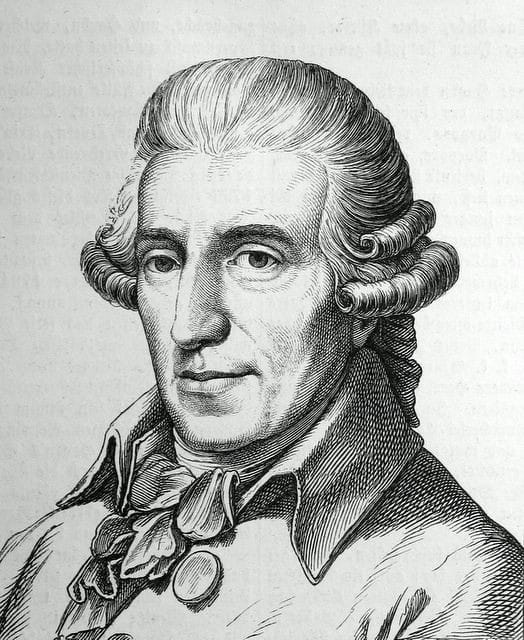
This was not intended as a disrespectful comment but merely one that showed Beethoven’s fierce independence of thought and bearing.
From early experiences of studying violin, viola, harpsichord and piano, Beethoven grew into one of the most important figures in Western Musical history.
Despite a horrendous upbringing with unimaginable pressures heaped on him, Beethoven prospered. He did so through his immense diligence and devotion to music, the art that kept him alive as his hearing failed and his health declined.
We know through his compositions what a brilliant composer Beethoven was. Wouldn’t it have been magical to have been able to hear him play?

